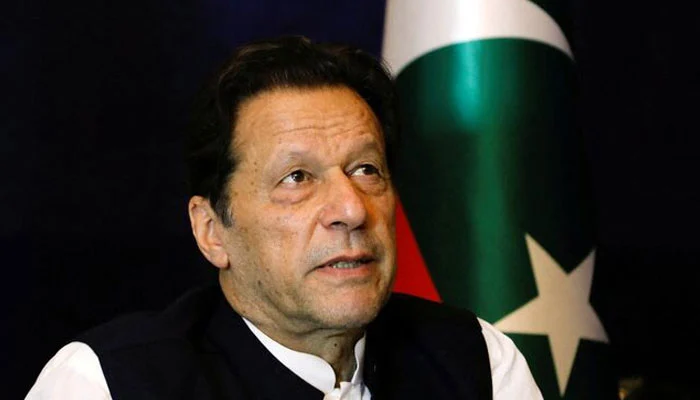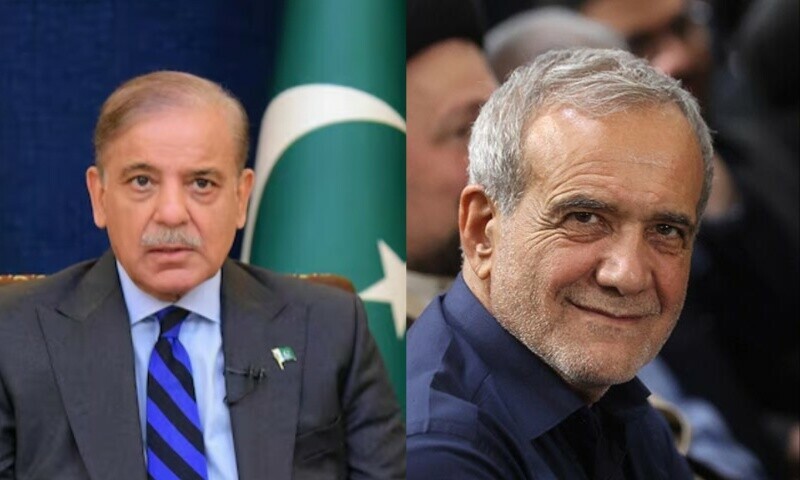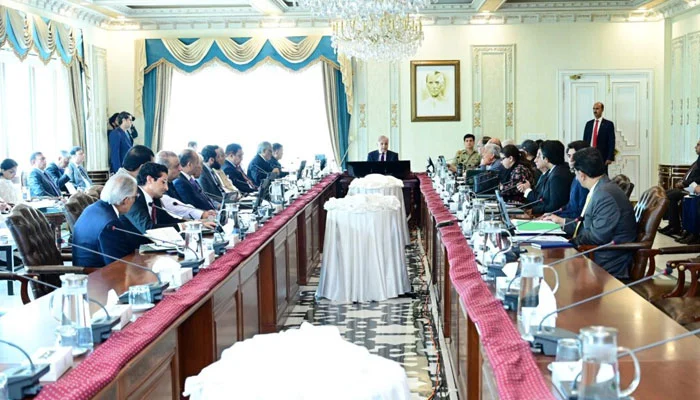
Supporters of the prime minister believe the move would help rebuild unity in the Tory party and also address the cost of living.
Mr Johnson is preparing to face his MPs at Prime Minister’s Questions for the first time since four in ten of them voted to oust him on Monday.
He has urged his party to “draw a line” under questions about his leadership.
But some Conservative MPs are still publicly calling on him to quit.
In the vote, triggered by Partygate, Mr Johnson received the backing of 211 Conservative MPs, while 148 vote to remove him, a greater number than had been widely expected.
The scale of the revolt means he now faces pressure to announce policy that would appeal to MPs from across his party.
He is said to have hinted at reductions to the tax burden – currently at its highest level since the 1940s – when he met them ahead of Monday’s vote.
But the BBC’s Iain Watson has been told no specific measures were discussed at Tuesday’s cabinet meeting.
Next month will see a rise in the National Insurance threshold come into effect, and the autumn Budget is expected to bring tax cuts for businesses intended to encourage investment.
But the prime minister is being urged by both allies and internal opponents to bring forward cuts to personal taxation – such as income tax and VAT – planned for later in this parliament.
On Tuesday, Business Secretary Kwasi Kwarteng told the BBC he wanted to see tax cuts “as soon as is possible” and that he expected the government would adopt “a radical tax-cutting agenda” before the next election.
As well as internal strife, the Conservative Party faces tricky by-elections in the seats of Wakefield in Yorkshire and Tiverton and Honiton in Devon at the end of this month.
The prime minister is also to be the subject of an inquiry by the Commons privileges committee into whether he misled parliament over lockdown rule-breaking in Downing Street.
Mr Kwarteng admitted the two by-elections would be “challenging” but added that mid-term elections “generally are” for parties in government.
“People have written off Boris Johnson for 20 years. I’ve read his political obituary dozens of times,” he said. “But I think ultimately he is a winner”.

Following the vote on Monday, the prime minister called the result “convincing and decisive”.
However, the 59% backing he won is worse than the 63% gained by Theresa May in late 2018 – six months before she was forced to resign amid internal opposition to her Brexit deal.
Under current Tory party rules, Mr Johnson’s victory means his backbenchers cannot trigger another confidence vote in him for a year.
One of the rebels, Ludlow MP Philip Dunne, said the opposition now facing the prime minister was “not a situation that can endure” and that the next few months would be challenging for him.
“It’s not going to happen for now, but we’ll have to see in the coming weeks and months. I think this is not over,” he said.
Tobias Ellwood, a longstanding critic of the PM, has called on Mr Johnson to resign and accept that the task of reuniting the Tories before the next election is “too big”.






